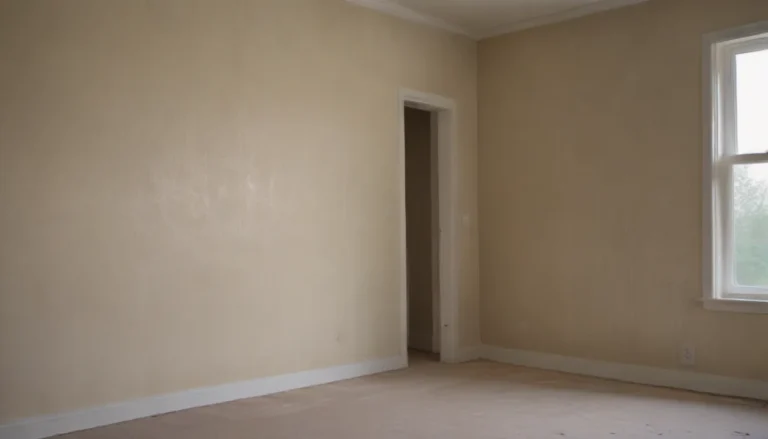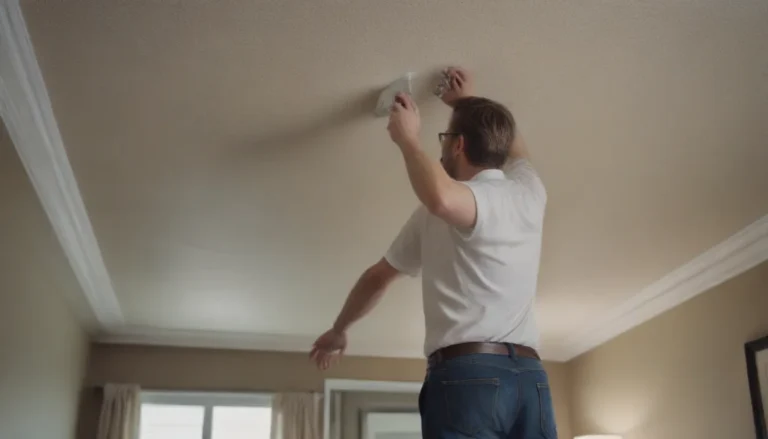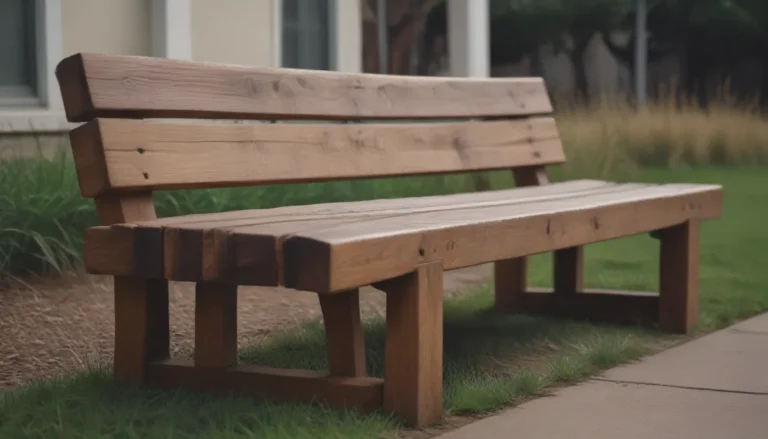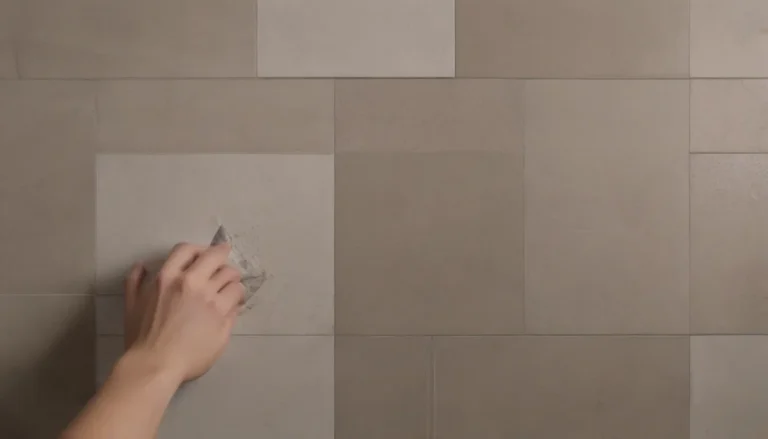Exploring Tar-and-Chip Driveways: A Complete Guide
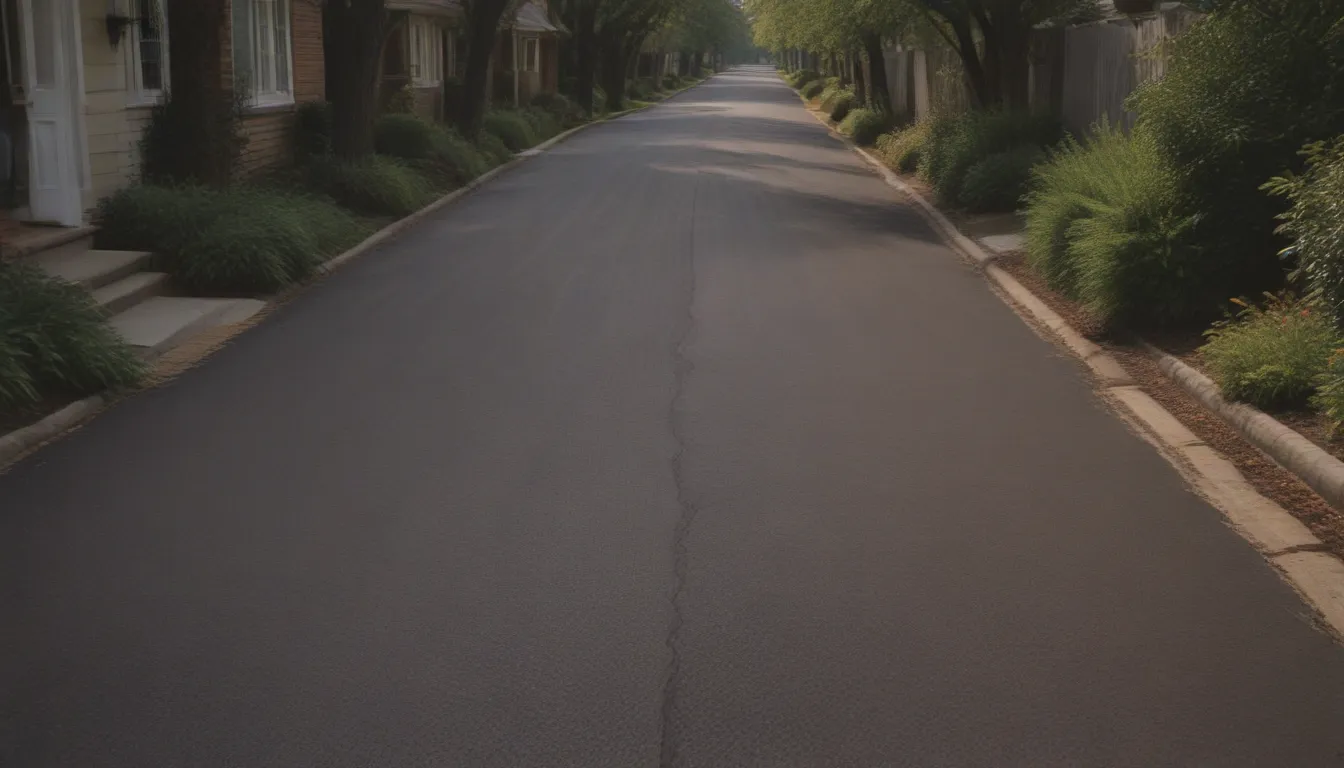
If you’re considering a new driveway for your home, you may have come across the term “tar-and-chip” paving. While it might not be as commonly known as concrete or asphalt driveways, this alternative option offers its own set of advantages and considerations. In this comprehensive guide, we’ll delve into the world of tar-and-chip driveways, exploring everything from the installation process to maintenance and repair, and helping you determine if this type of paving is the right choice for your property.
What Is a Tar-and-Chip Driveway?
Tar-and-chip paving, also known as chip-and-seal, seal chip, macadam, or liquid-asphalt-and-stone, is a unique method of creating a durable and rustic-looking driveway. This type of surface resembles asphalt but is installed using a different process. Layers of gravel, hot liquid bitumen asphalt, and loose stones are applied and compressed to create a sturdy yet cost-effective driveway option. If you’ve ever driven on a rural road or parking lot with a rough surface, you’ve likely come across tar-and-chip paving in action.
Pros of Tar-and-Chip Driveways:
- Low cost
- Good traction
- Easy maintenance
- More durable than gravel
Cons of Tar-and-Chip Driveways:
- Limited lifespan
- Contractors may be hard to find
- Susceptible to damage by snowplows
Tar-and-Chip Driveway Cost
When comparing the cost of a tar-and-chip driveway to traditional options like gravel or asphalt, it’s important to consider the long-term benefits and drawbacks. While a tar-and-chip driveway may cost more upfront than gravel, it generally falls on the lower end of the price spectrum compared to asphalt. The average cost ranges from $2 to $5 per square foot, depending on your location and labor costs.
Tip: Consider adding a thin under-layer of concrete to your tar-and-chip driveway for increased longevity and durability.
Maintenance and Repair
One of the main advantages of tar-and-chip driveways is their low maintenance requirements. Unlike asphalt surfaces that need regular sealing, tar-and-chip driveways typically heal small cracks on their own. To extend the lifespan of your driveway, you can renew the surface every 10 years by adding additional hot bitumen and loose stone. However, it’s essential to be cautious when using snowplows on tar-and-chip paving, as excessive pressure can cause damage to the surface.
Design and Installation
Tar-and-chip driveways offer a rustic and natural look that is well-suited for rural or informal settings. The installation process involves laying a gravel base, pouring hot liquid asphalt, and adding loose stones that are rolled into the bitumen to create the finished surface. You can personalize your driveway by selecting different colors of stones for a unique appearance.
Remember: Tar-and-chip installation is not a DIY-friendly project. Be sure to hire a qualified contractor with experience in this type of driveway installation.
Comfort and Convenience
The textured surface of tar-and-chip driveways provides better traction, especially in wet or snowy conditions, compared to smoother materials like asphalt or concrete. This makes tar-and-chip paving a safe and practical choice for areas prone to inclement weather.
Tar-and-Chip vs. Asphalt
While both tar-and-chip paving and asphalt use bitumen as a primary component, they differ in their application process. Tar-and-chip surfaces are created by layering liquid asphalt and aggregate separately, resulting in a more informal appearance and lower cost. In contrast, asphalt is a premixed blend of bitumen and gravel that is applied as a hot, malleable material. While asphalt driveways are more common and easier to find contractors for, tar-and-chip paving offers a unique aesthetic and cost-effective alternative.
Is a Tar-and-Chip Driveway Right for You?
If you’re looking for an affordable and rustic driveway option that offers good traction and easy maintenance, a tar-and-chip driveway could be the perfect choice for your property. Before making a decision, be sure to check local regulations and consult with reputable contractors to ensure that this type of paving is suitable for your specific needs.
In conclusion, tar-and-chip driveways provide a distinctive and practical solution for homeowners looking to enhance their property with a durable and cost-effective paving option. By understanding the pros and cons, cost considerations, maintenance requirements, and design possibilities associated with tar-and-chip paving, you can make an informed decision about whether this type of driveway is the right fit for your home.


